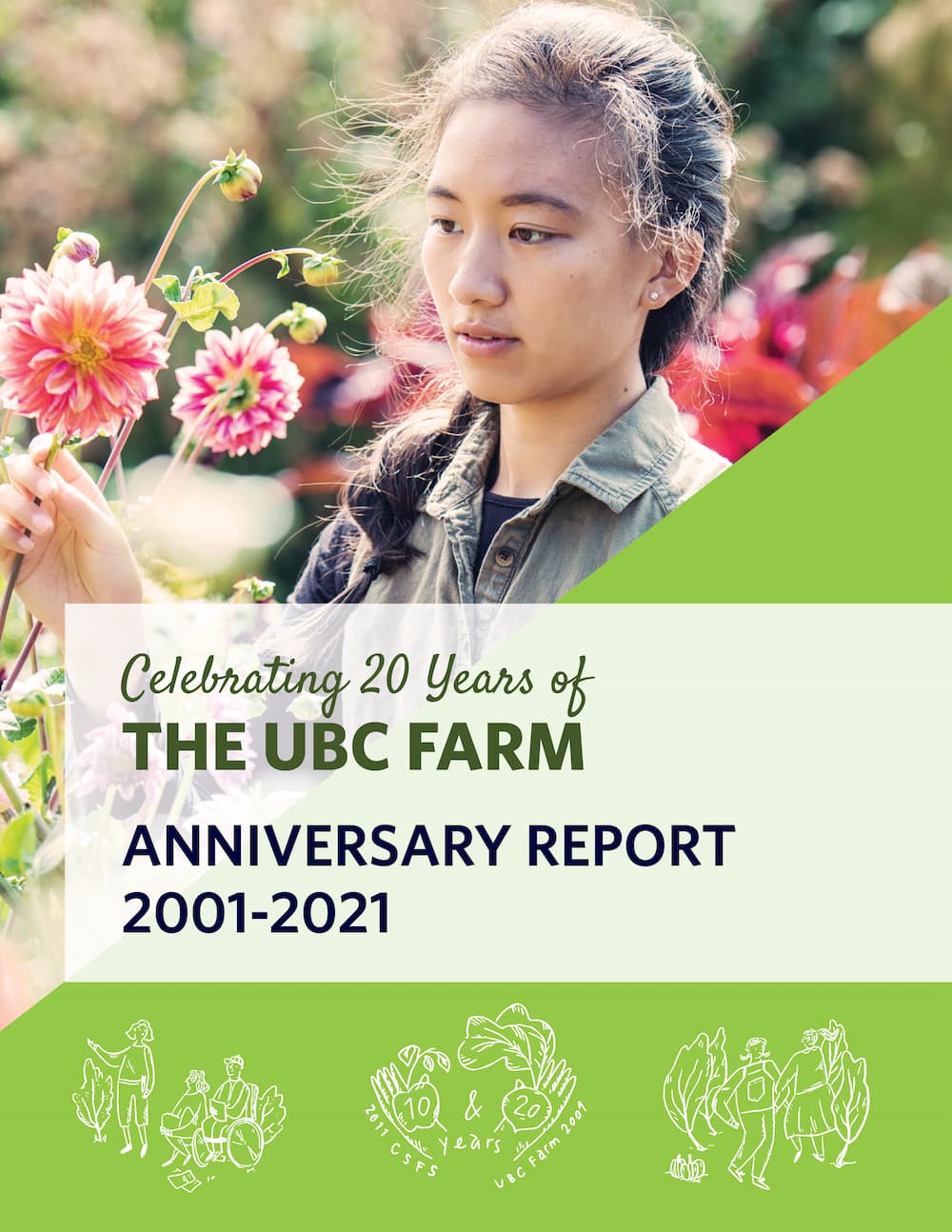Fraser Valley farmers won't know for weeks how floodwaters have affected prized soil
By Jacqueline Chan on November 30, 2021
Fraser Valley farmers won’t know for weeks how floodwaters have affected prized soil
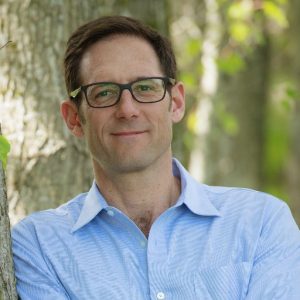
News Source: CBC
November 28, 2021
“Those pollutants may not be on site anymore. They actually might be in our nearby aquatic ecosystems.” – Dr. Sean Smukler
Dr. Sean Smukler, CSFS Associate and agricultural ecologist, spoke about the ways how recent flooding events may have affected nearby soils and aquatic ecosystems. The exact extent to which pollutants have contaminated the soils is unknown prior to more testing. However, the Ministry stated that this is a weeks-long process and tests cannot be conducted until the water recedes.
Check out the original article on CBC.
Read More | No Comments
By Jacqueline Chan on November 30, 2021
Celebrating World Soil Day
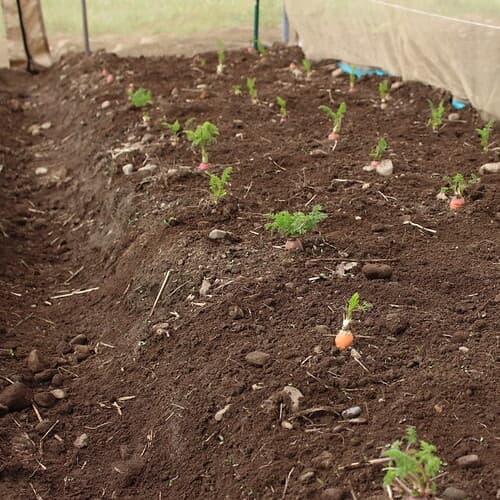
Happy World Soil Day! Established in 2014 by the United Nations, World Soil Day is celebrated every year on December 5th, with the goal of spotlighting the importance of healthy soils and sustainable soil management. This year, the theme of World Soil Day is Soil Salinization.
Soil Salinization is the process that occurs when salts, such as calcium, magnesium, sodium, chloride, etc., accumulate in the soil. While some salts are good for plant and soil health, too much of these salts leads to all sorts of problems with plant growth and soil structure.
To see the global extent of soil salinization, check out this page published by the FAO. If you are curious about the soils around the Lower Mainland, here are some openly available sources for you to explore: Vancouver Soil Map and GeoMap Vancouver.
Don’t forget to check out the City of Vancouver’s proclamation for “Vancouver Soil Day”!
Read More | No Comments
By Jacqueline Chan on November 30, 2021
How the B.C. floods revealed the fragility of Canada’s food system
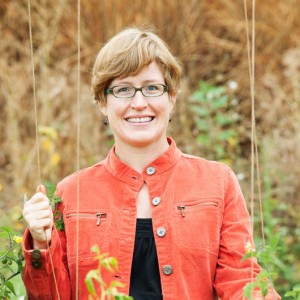
News Source: The Globe and Mail
November 27, 2021
“In order to make the modern food system today, it involved a lot of trying to control nature.” – Dr. Hannah Wittman
Dr. Hannah Wittman, CSFS Associate and IRES Professor, gave comments in The Globe and Mail. Citing past studies, she stated that diversifying farms is essential for resilience towards climate change. For example, one such approach is Mr. Bodnar’s Abbotsford farm, a small-scale operation with varying landscapes and a wide range of organic produce.
Read More | No Comments
By Jacqueline Chan on November 29, 2021
Consider need over deals when Black Friday bargain hunting

November 26, 2021
“The key is to ask yourself, is this something that I will use for a long time? Or is it something only used for a couple of months, going to sit around and clutter my house?” – Dr. Kai Chan
Dr. Kai Chan, CSFS Associate and Professor at the Institute for Resources, Environment and Sustainability discussed the ways in which sustainability and social behaviour should be incorporated in Black Friday shopping. According to Chan, there’s no harm in taking advantage of the sales: that being said, it’s best to be mindful of the item’s potential for longterm usage as well.
Check out the original article here.
Read More | No Comments
By Jacqueline Chan on November 25, 2021
‘A form of control’: Why people panic buy and how to potentially stop it

News Source: Vancouver is Awesome
November 19, 2021
“What these events are showing is making visible the cracks in the food system that have been there for some time.” – Dr. Hannah Wittman
Dr. Hannah Wittman, CSFS Associate and IRES Professor, was quoted in an article about panic buying and food hoarding in light of the recent floods. She mentioned that there are four pillars to food security: availability, accessibility, the healthiness of food and sustainability of production.
According to Dr. Wittman, the Fraser Valley was already at risk as a food source: recent events have brought this issue to light, with damage to farms and distribution systems. However, she stressed that the underlying issue is not with the roads — rather, it’s paramount for the lands to be repaired.
Read More | No Comments
By Jacqueline Chan on November 24, 2021
Focus on food technology at climate conference ignores what most of the world’s farmers need, experts say
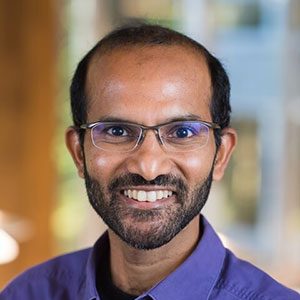
News Source: National Observer
November 8, 2021
“We have a biodiversity crisis that is as bad as the climate crisis, but hasn’t captured as much attention — farming is the biggest driver of the biodiversity crisis.” – Dr. Navin Ramankutty
Dr. Navin Ramankutty, CSFS Associate and Professor at the UBC School of Public Policy and Global Affairs, provided input on the impacts of food production on climate. While food accounts for roughly a third of global emissions, it has historically held a relatively low profile in international climate negotiations (COP). According to Ramankutty, in addition to a greater focus on food systems in such discussions, countries must also ensure that supports are in place for human rights and local ecosystems.
Check out the original article on National Observer.
Read More | No Comments
By Jacqueline Chan on November 22, 2021
UBC Food Hub launch: Get your free swag
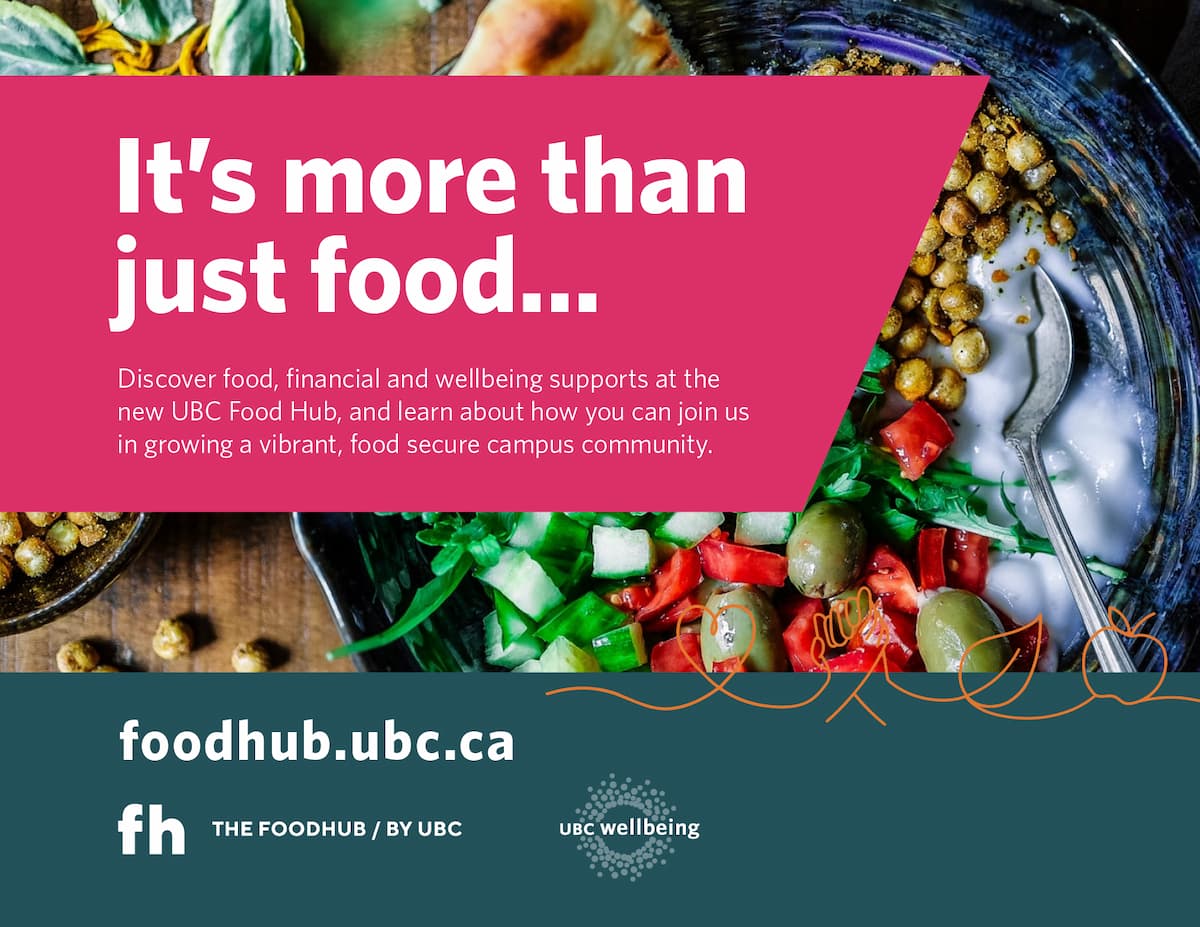
The new UBC Food Hub aims to create a food secure campus community, where all community
members can obtain adequate, accessible, nutritionally, and culturally appropriate food in a just
and ecologically sound manner.
It’s more than just food! The Food Hub not only connects you with budget-friendly food options
but also includes financial supports, wellbeing resources, and opportunities for you to take an
active role with us in growing a vibrant, food secure campus community.
Learn more by visiting foodhub.ubc.ca or stop by their pop-up booth on Friday, Nov. 26, 2021 from 11:30am to 1:30pm at the UBCV Life Building or at Open Kitchen in Orchard Commons to
learn more, pick up some free Made Good snacks and reusable masks (while supplies last),
and enter to win their gift card giveaway! Two other pop-ups are on November 30 from 2 pm – 4 pm and December 3 from 11 am – 1 pm, both at the Wellbeing Office.
Read More | No Comments
Statement about Flooding and Climate Change Events in B.C.
By Jacqueline Chan on November 18, 2021
Statement about Flooding and Climate Change Events in B.C.
Response to Flooding and Climate Change Events
November 18, 2021
In just a few short weeks we have experienced an unprecedented tornado at UBC, torrential rains, mudslides and flooding that have wreaked untold damage in the Fraser Valley, Pemberton and beyond. Highways and supply lines have been cut. Hectares of foodlands have been inundated by water, mud or completely swept away. Farmers are being told to abandon their animals and save themselves. It is heartbreaking.
Further east, BC farmers are cut off from their critical supply chains into the Lower Mainland, unable to get their products to market whether they be to retailers, restaurants or community farmers markets. As a result, food will perish and farmers will lose important income – an unwelcome impact in a year of cumulative disasters.
Indigenous foodlands have also been irreparably damaged by flooding and landslides which have wiped out traditional sources of food and will have long-term effects on food sources such as salmon-bearing streams.
We are reaching out to farmers and Indigenous communities to offer support and acknowledge their ongoing resilience in the face of very challenging times.
Minister Lana Popham committed to emergency financial support for farmers impacted by the catastrophic events of the past few days. At the Centre for Sustainable Food Systems (CSFS) and UBC Faculty of Land and Food Systems, we applaud this commitment and encourage the government to include farmers whose crops, livestock and market access have been impacted. We hope there is additional support for Indigenous communities, their food systems and infrastructure.
This is climate change in action. These are the more intense and frequent storms that scientists have been warning us about. At CSFS, we are reflecting on how we can do more, and where to pour our energies. We will be sharing reactions to COP26 and ideas from our CSFS Associates and staff. We also want to hear from you. Please send us your thoughts on social media or email us at farm.team@ubc.ca, letting us know if you would like us to post your thoughts publicly.
Rickey Yada
Dean and Professor
UBC Faculty of Land and Food Systems
Interim Academic Director, Centre for Sustainable Food Systems at UBC Farm
Clare Cullen
Director of Operations
Centre for Sustainable Food Systems at UBC Farm
Parm Bains
Chair, Faculty Advisory Board
UBC Faculty of Land and Food Systems
Read More | No Comments
Teaser: Growing a Farm
By melanie kuxdorf on November 17, 2021
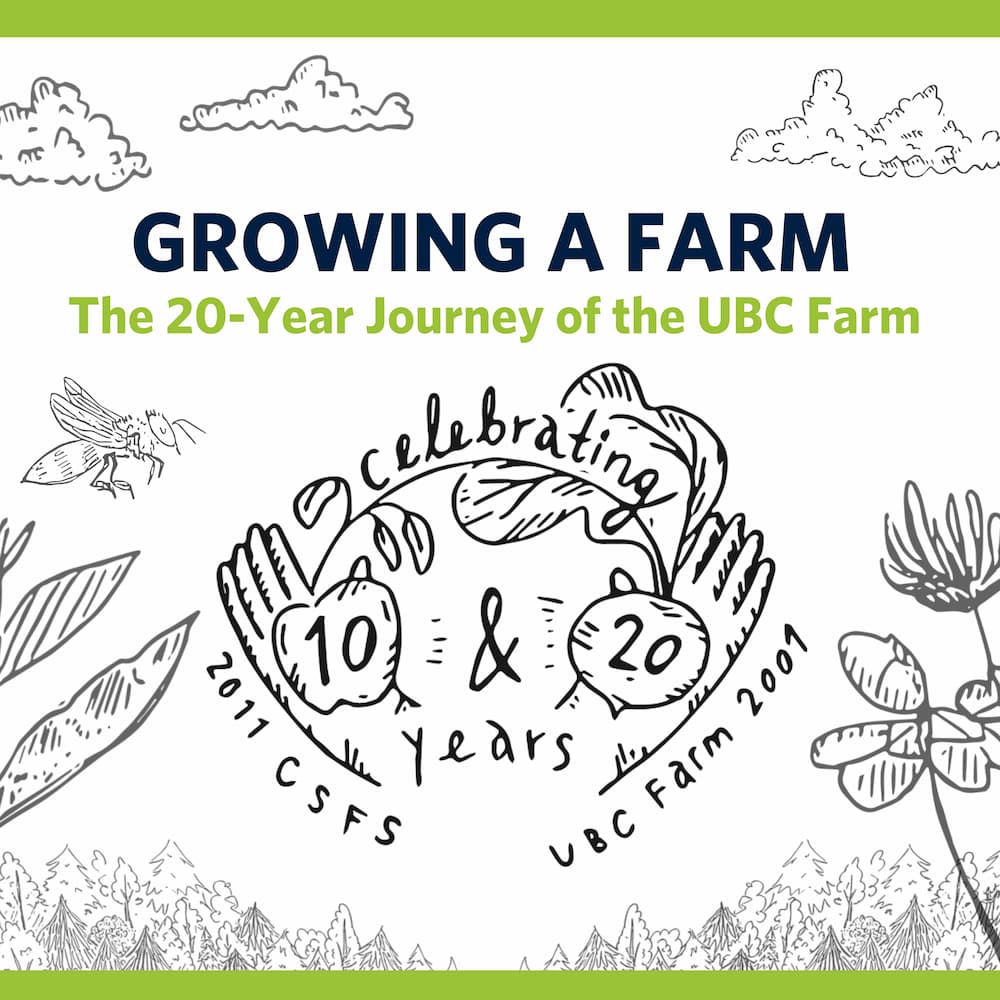
Growing a Farm: The 20-year Journey of the UBC Farm
Teaser
How a group of dedicated students started, and beat the odds to save, the UBC Farm.
Show notes:
To further your knowledge of Musqueam Territory upon which the UBC Farm is situated, check out Land Beneath Our Feet, a Musqueam guide brought to you by the UBC Library.
Credits:
- Hosted by Anisha Sandhu (LFS Student and former CSFS Knowledge Mobilization Assistant, CSFS at UBC Farm).
- Produced by Melanie Kuxdorf (Communications and Marketing Manager, CSFS at UBC Farm) and Anisha Sandhu, with special production thanks to Duncan McHugh (Digital & Instructional Media Producer, Faculty of Land and Food Systems).
Music:
- “Denali at Dawn (feat. RIVER LUME)” by SPEARFISHER
- “Beyond” by Ian Post
Special Thanks:
Thanks to the staff at the UBC Farm and LFS who provided feedback and support, and a very special thanks to everyone who was interviewed for this project and especially to all those who started, supported and helped save the Farm:
Thank you for your vision and perseverance – we wouldn’t be here without you.
Read More | No Comments




